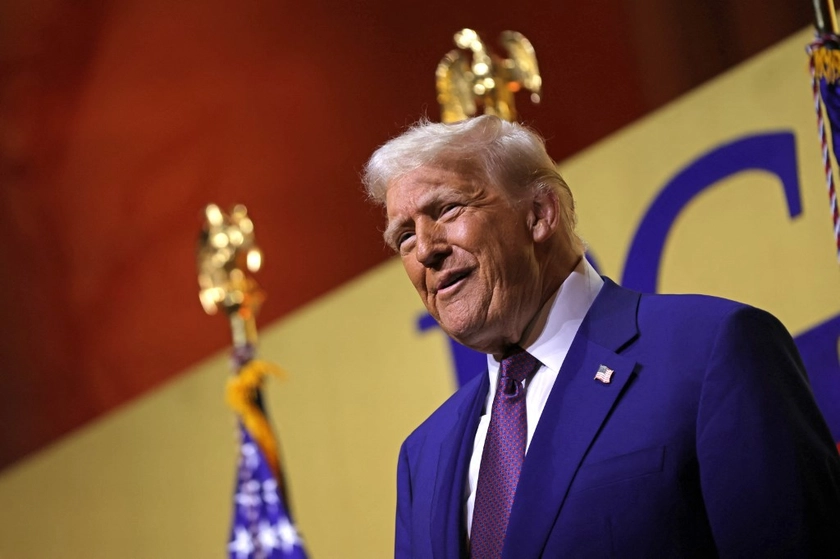The US sent European representatives a list of questions last week, in the run-up to this weekend’s Munich Security Conference (MSC), asking allies about their potential capacity for increasing security support to Ukraine and what they may need from Washington to bolster their military capabilities.
The diplomatic inquiry, consisting of six to-the-point sets of questions, marks one of the clearest explanations yet of what the new administration of US President Donald Trump expects to see from European partners in any negotiation to end the war in Ukraine.
JOIN US ON TELEGRAM
Follow our coverage of the war on the @Kyivpost_official.

Washington “has been clear that we expect European partners to take the lead in establishing a durable security framework and look forward to their proposals,” a US State Department spokesperson told Reuters.
The questions cover topics such as which countries are indispensable to Ukraine’s security, how large of a ground force would be necessary to maintain peace, and what level of manpower and weaponry might be needed from the US to sustain a peace deal.

Realpolitik and Betrayal
Two European diplomats confirmed to Reuters that they were still debating how to respond to the request and were weighing the benefits of issuing a collective response.
Trump sent shockwaves around the world when he announced on Wednesday that he’d had a “lengthy” conversation with Russia’s President Vladimir Putin – the first time an American President has spoken directly with the Kremlin since Russia launched its full-scale invasion of Ukraine in 2022 – without first consulting or including Kyiv.
After US Secretary of Defense, Pete Hegseth said that most of Ukraine’s requirements for a peace deal were “unrealistic” and US Vice President JD Vance berated allies for not being more inclusive of extremist groups at this weekend’s MSC, French President Emmanuel Macron called an emergency meeting for Monday of EU allies to discuss how to respond to the Trump administration’s recent security demands.
Now officials in Kyiv and Brussels are also waiting to see what comes of an impromptu meeting between Russian and American officials expected to take place later this week in Saudi Arabia, a meeting where Trump has said the peace negotiations are expected to continue – despite Ukrainian officials not receiving an invitation.
European allies received the following questions from American officials last week, as shared by Reuters:
- What do you view as a Europe-backed security guarantee or assurance that would serve as a sufficient deterrent to Russia while also ensuring this conflict ends with an enduring peace settlement?
- Which European and/or third countries do you believe could or would participate in such an arrangement? Are there any countries you believe would be indispensable? Would your country be willing to deploy its troops to Ukraine as part of a peace settlement?
- If third-country military forces were to be deployed to Ukraine as part of a peace arrangement, what would you consider to be the necessary size of such a European-led force? How and where would these forces be deployed and for how long?
- What actions do US, allies, and partners need to be prepared to take if Russia attacks these forces?
- What, if any, US support requirements would your government consider necessary for its participation in these security arrangements? Specifically, which short-term and long-term resources do you think will be required from the US?
- What additional capabilities, equipment, and maintenance sustainment options is your government prepared to provide to Ukraine to improve its negotiating hand and increase pressure on Russia? What more is your government prepared to do to increase its sanctions on Russia, including more strictly enforcing sanctions and better targeting third countries enabling Russia globally?
You can also highlight the text and press Ctrl + Enter











